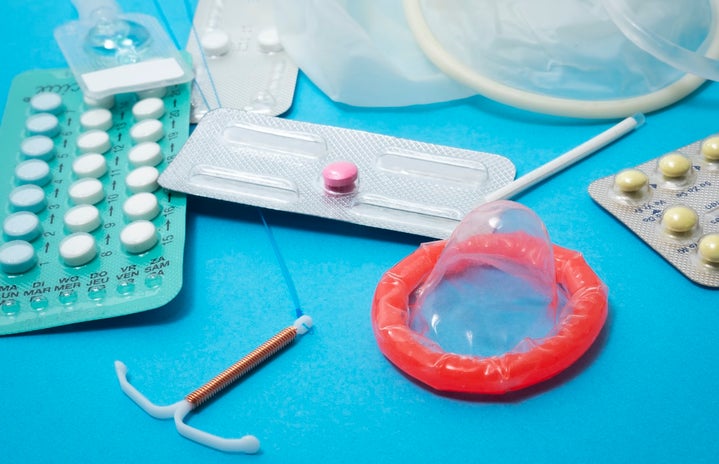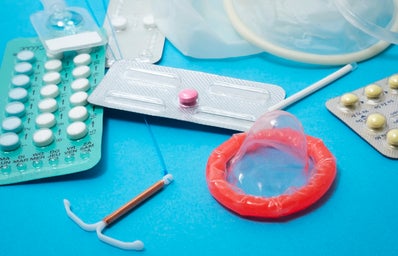Safety in relation to sex is something often discussed. Safety ensures that individuals have the choice to have, or not have, sex, and if so, in a way that does not impede their health. Many students are sexually active, and so university’s aim to provide services and support to better their students safety. The University of Nottingham provides various support in relation to contraception, STI testing, and sexual misconduct and harassment. However, research often signifies that students are not always aware of what is actually available to them.
What can you access at university?
The university does have resources for sexual health and safety, and support for those who have been affected by sexual assault. For students interested in contraception, medical contraception like the pill, implant, patch etc., will require GP involvement which can be done on campus at Cripps Health Centre. The university itself does, however, allow for students to sign up to the ‘condom scheme’ and receive a ‘C-card’. You can sign up for this card via online application or in-person at the Student Union Advice Centre. Upon registering, you will receive 8 condoms in the post and following that you can order more online using the card. Screening for STI’s is also available at the on-campus Health Centre or can be ordered online (https://sh24.org.uk/; https://freetesting.hiv./).
In cases of sexual misconduct, a student can report the incident online, either providing contact details or disclosing anonymously. The university will then follow a procedure where the individual involved will be invited to a meeting with a member of staff and will be offered support and a safeguarding assessment. The member of staff will be a Sexual Violence Liaison Officers (SVLOs), SVLOs are across many departments and have undergone specific training in relation to supporting students with cases of sexual violence. The university also offers counselling and Nightline.
The university may refer you to a variety of different organisations and individuals. Depending on the degree of the situation, a may be referred for further investigation, to a University Assessor, or to the Police. An individual may be referred to the Topaz Centre, Notts SVS Services which is the Sexual Assault Referral Centre, for support.
What more is to be done?
Though these tools are available, research has found that students often have limited knowledge of available services. In fact, studies show that the internet is the most popular source of sexual health information for students, and that male students in particular lack both unawareness or unwillingness to attend to their sexual health needs.
Whilst some students are not often unaware of their resources available, some also believe that the university does not do enough to ensure students sexual safety. Reclaim the Campus, a national campaign, finds that many universities do not have specific sexual misconduct policies and do not do enough to provide student support in such situations. SASS (Students Against Sexual Violence and Sexism) is a society at the university that raises awareness and campaigns over such topics. The society, alongside may others like ‘Sexpression’, campaigned for mandatory consent training, something which they are currently in conversation with the university with hopes to achieve. At the end of last year, the university launched a consent course pilot for first-year students as part of the process. However, societies like SASS are constantly campaigning for continued efforts towards improved safety for individuals as well as improved resources for survivors.


